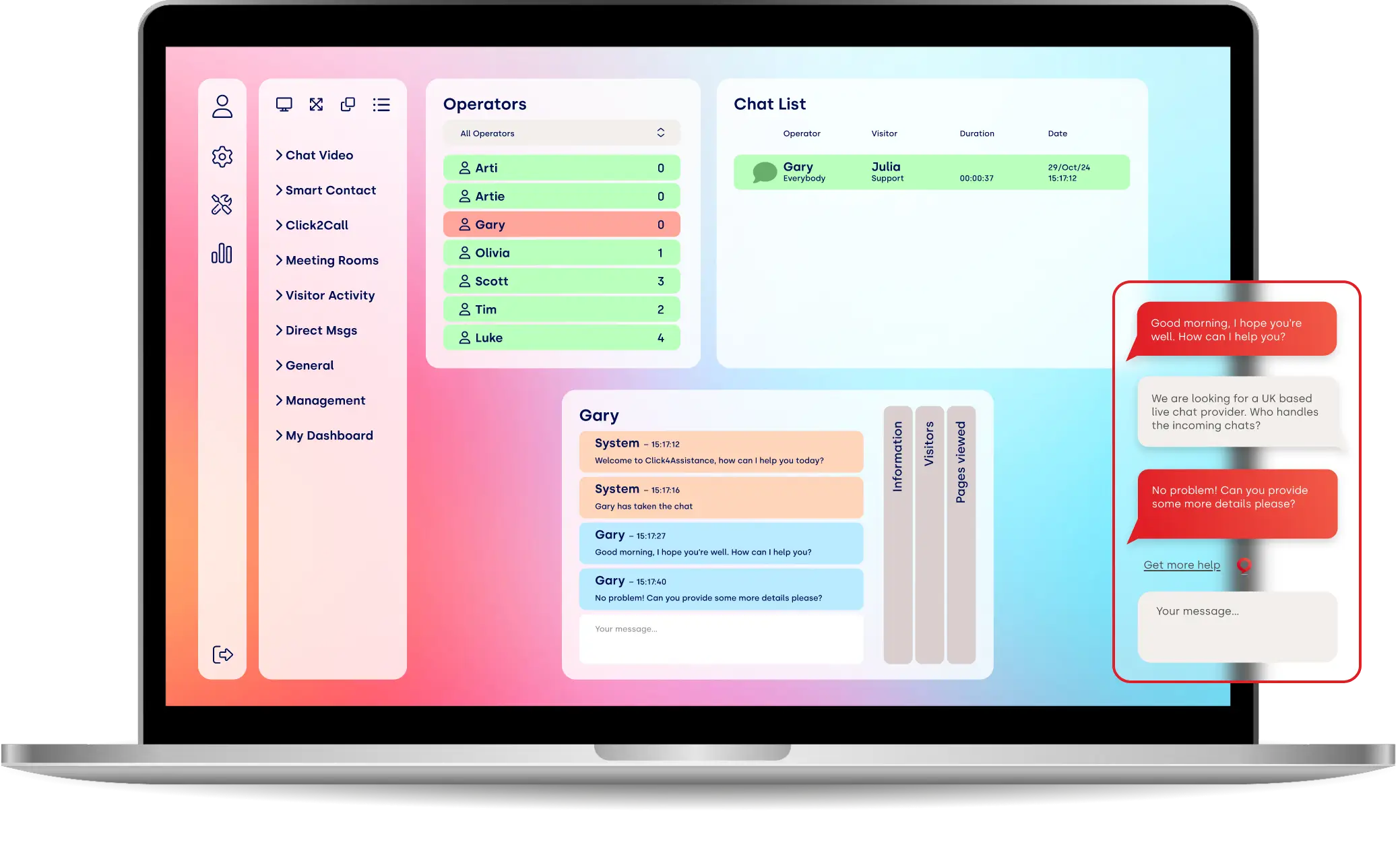What countries is ChatGPT banned in?

ChatGPT is banned in most of the world’s dictatorships, plus, surprisingly, Italy, which introduced controls in March 2023.
OpenAI’s ChatGPT burst onto the scene in November 2022. The first month was pretty quiet, but by the start of 2023, the word had well and truly gotten out. This new technology was astonishingly capable.
Since then, a flood of negative stories emerged. UK universities worried about students using the tool to cheat on their coursework, while company managers raged at employees for using the device to write emails. Everyone seemed up in arms – a sign of the power of the AI-infused service.
Now, though, even governments are getting involved. Many politicians are moving swiftly to ban ChatGPT, fearing its effects on society and their own grip on power.
More surprisingly, these bans extend to the liberal West. Regulators fear the tool could have profoundly negative impacts on society if used inappropriately.
Countries Where ChatGPT Is Banned?
So which countries banned ChatGPT since its launch last year, and why?
China
Chinese regulators started clamping down on ChatGPT in February 2023, allegedly to prevent the spread of false information. Government officials sent instructions to WeChat’s parent company Tencent, and Ant Group, to block access to the app because of information that might hurt party perceptions.
Russia
Russia also banned ChatGPT, this time for geopolitical reasons. The state wanted to avoid platform misuse while in indirect conflict with Western countries, including the United States. The Kremlin fears generative AI tools may take control of the narrative, undermining its propaganda campaigns.
Iran
Fellow despotic regime Iran also banned ChatGPT soon after its launch. The state operates strict internet controls, and commentators view this latest development as an extension of its existing policy. The Iranian government heavily monitors internet activity, preventing citizens from accessing large chunks of it.
Syria
Syria is another Middle-Eastern country with strong censorship laws. Like Iran and China, the regime fears that open access to chatbots and similar tools may undermine its authority and prevent it from suppressing its opponents.
The war-torn country also wants to prevent the spread of misinformation that could stoke further internal tensions and provoke civil war. It mistrusts the US and, by extension, OpenAI’s American chatbot technology. It fears its adversary could use it to generate political instability and regime change.
Various African Countries
Various African countries, such as Chad, South Sudan, Eswatini, the Central African Republic, and Eritrea, have also banned ChatGPT. The primary driver of these decisions is to maintain internal political stability. (The Central African Republic, for instance, has been involved in a bloody internal conflict for many years).
It is unclear why OpenAI does not provide services in many poorer parts of the world. However, it may have to do with US regulatory restrictions, forcing the tech firm to pull ChatGPT from these regions.
North Korea
As you might expect, North Korea also banned ChatGPT early on. Again, it is an extension of the country’s policy of restricting access to the internet or tools that could provide citizens with a different perspective from the party line. Kim Jong-un wants to retain power and doesn’t want a US tool potentially undermining his authority.
Cuba
Cuba is yet another dictatorial country that monitors and controls internet usage. The public can’t access many websites, and OpenAI is just one more addition to that list.
Cuba also has a poor relationship with the US. Hence, mistrust of American tools and websites is rampant.
Italy
The most surprising country to ban ChatGPT on this list is Italy. However, the reasons are more technocratic. In March, the Italian Data Protection Watchdog ordered OpenAI to stop processing Italian users’ data amid concerns the firm breached Europe’s strict privacy regulations. The decision came after the regulator found evidence OpenAI was permitting some users to view titles of conversations of other users with the chatbot.
According to Garante (another name for the official body), there is “no legal basis underpinning the massive collection and processing of personal data” to train the firm’s AI system. Consequently, OpenAI must block access while the investigation proceeds.
Are More Bans Incoming?
Other European countries may follow Italy and institute their own bans on ChatGPT technology. For instance, The European AI Act will restrict the use of AI in law enforcement, critical infrastructure and the judicial system. Laws will also integrate chatbot systems into the EU’s General Data Protection Regulations. (GDPR), putting even more limits on what American firms can do.
Thanks to its independence from the EU, the UK is taking a softer line on the matter. Last month, British officials announced their plans for regulating artificial intelligence. Instead of setting up a new regulatory body, the government wants to subsume new guidelines into existing frameworks. Policymakers haven’t mentioned ChatGPT explicitly but want such systems to follow various principles, including safety, transparency, fairness, accountability, and contestability.
The US’s response to ChatGPT is unique. The country is yet to propose any formal oversight rules on AI technology, something tech leaders such as Elon Musk have been clamouring for. Existing initiatives, such as the National Institute of Science and Technology’s national framework are voluntary, meaning there are no consequences for companies that don’t follow the rules.
What Does The Banning Of ChatGPT Mean For The Technology Long-Term?
Why countries like China, Russia, Iran and Syria are banning ChatGPT is clear: their rulers want to maintain their power. However, bans in liberal countries are for different reasons.
For instance, the EU will take a hard line against AI technology – at least in the short term – because of its data protection rules. The continent does not have a significant artificial intelligence industry and is at odds with US geopolitics on multiple fronts in this area.
Italy may decide to go its own route, perhaps not recognising the value AI could bring to its economy.
With that said, AI is such a powerful force, it will likely seep into everything, such as live chat for businesses. Consumers and companies will find workarounds allowing them to access the technology outside of local jurisdictions.

























